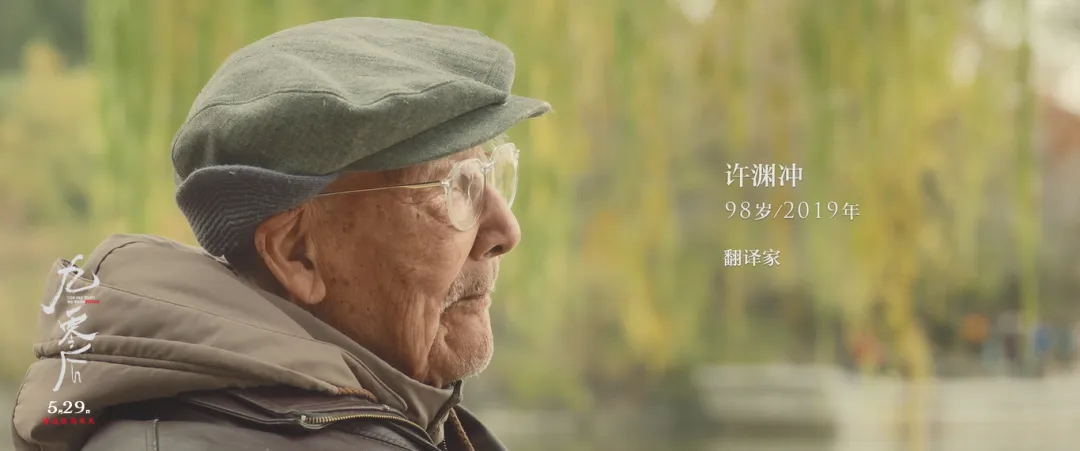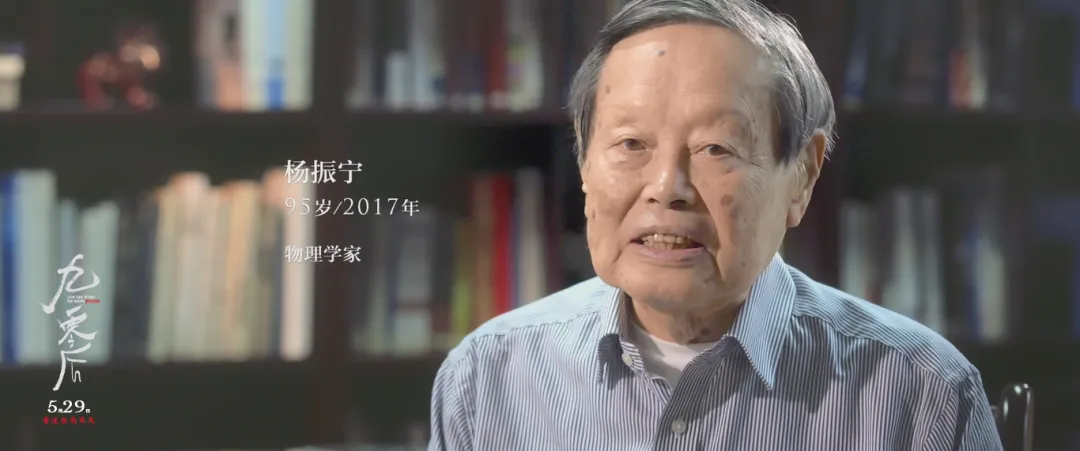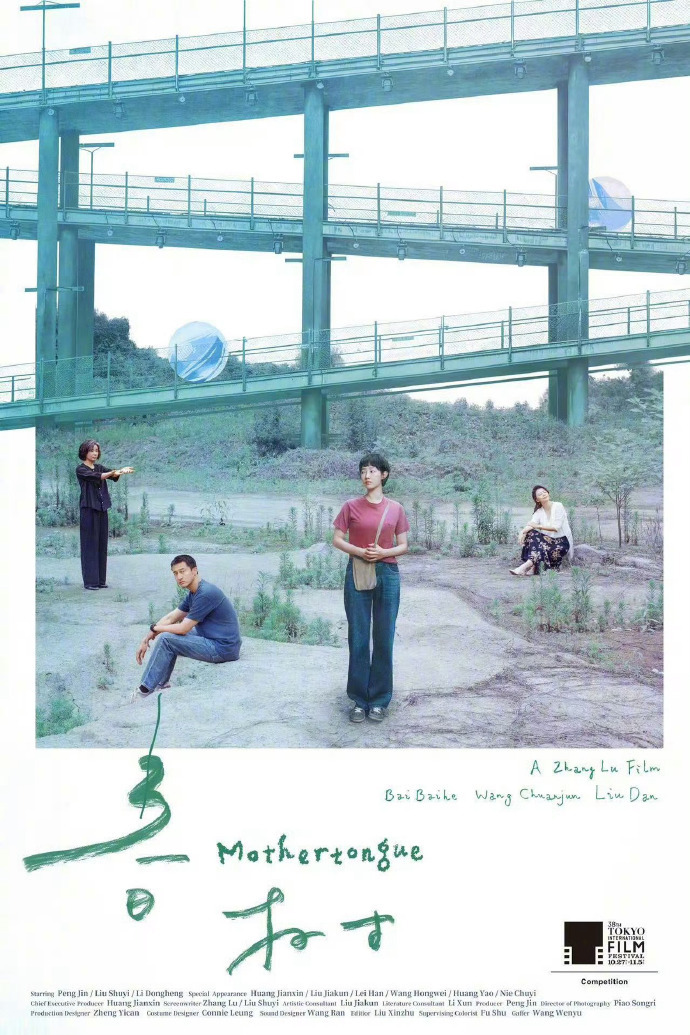
Elephant Screenings held a special screening of "Born in the 1990s" at the Siping Cinema in Shanghai on November 15, and announced that it would launch a re-release of the documentary "Born in the 1990s" in theaters.
Watching the documentary "Born in the 1990s" again after four years is still breathtaking, but with different feelings. The "post-90s" giants who were laughing and talking in front of the camera back then, reminiscing about their time at Southwest Associated University, have now passed away one after another - Mr. Xu Yuanchong's translation pen has stopped, Academician Pan Jiluan's welding sparks have died, Mr. Yang Yi's translation pages have been closed, and Academician Wang Xiji's career has come to an end. Those "outstanding people" who once vividly told stories of their youth and lifelong passions have now been frozen into silhouettes of history.

Poster for "Post-90s"
The still vibrant "youth film"
This documentary, which the producers consider a "youth film," features elderly people who, despite their advanced age, radiate vibrant life. In the footage, Yang Zhenning's eyes light up as he recalls his first encounter with cutting-edge physics; Xu Yuanchong speaks of his exuberance when competing with classmates in translation; and Yang Yi's eyes still hold tenderness when discussing her campus romance. These details have not faded with time.
It's not the sentimental stories of commercial youth films, but the unwavering determination to head to Kunming amidst the flames of war, the perseverance to attend classes by the air-raid shelter, and the sincere dedication to "studying for the rise of China"—this kind of youth that binds personal ideals to the fate of the nation still has the power to transcend time, even though the storyteller is long gone.

The translator Xu Yuanchong passed away after the film's release.
The passing of Yang Zhenning also brought back many memories for director Xu Bei of her interactions with him during filming. His amazing memory, the warmth he showed when talking about his close friend Deng Jiaxian, and his meticulous, minute-by-minute sense of time are all unforgettable. "The 95-year-old Mr. Yang Zhenning was very punctual, arriving at his office about five minutes early. He had a very strong magnetic field and a very powerful aura."
A significant portion of the film focuses on Deng Jiaxian's story, told from Yang Zhenning's perspective. Director Xu Bei shared a behind-the-scenes detail: the agreed-upon interview time was only one hour. After the director had laid out some preliminary questions, Yang Zhenning abruptly interrupted, insisting on focusing on the content concerning Deng Jiaxian first.
"When he talked about Deng Jiaxian, I felt he was full of warmth. He recalled in detail how he met Deng Jiaxian: they met when they were studying at Chongde Middle School in Beijing, and they felt like they had known each other for a long time. He said they both shared a common quality—they were both honest and sincere in their dealings with people and things, so they quickly became good friends. Later, he and Deng Jiaxian went to Yunnan one after the other, and Deng Jiaxian went to study at Southwest Associated University in Yunnan. Their first stop was probably Yang Zhenning's home, because Yang Zhenning's parents liked and appreciated Deng Jiaxian very much. He also recounted in detail how he helped Deng Jiaxian apply to Purdue University when he was going to study in the United States. After Deng Jiaxian arrived in the United States, he spent some time with Yang Zhenning and his brother in Chicago. The three of them even played games on the floor, and many details were vivid and very heartwarming." Xu Bei recalled the state of Yang Zhenning during the interview that day, "I am very sure that when he talked about Deng Jiaxian, he was in the gentlest state of the entire interview."

Yang Zhenning
Following the screening on November 15th, audience members shared their thoughts, reflecting on the life choices of the older generation of intellectuals and gaining new perspectives on their own lives. Elephant Screenings stated that director Xu Bei and her team "rescued" not only the film but also the soul of an era. In today's rapidly changing world, we need to draw strength from that history—about education, ideals, and how to live a meaningful life.


